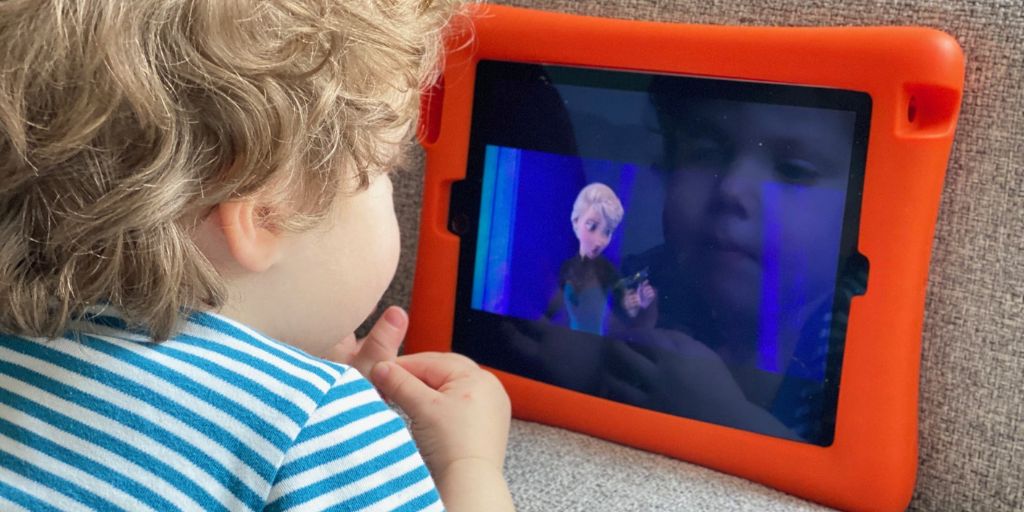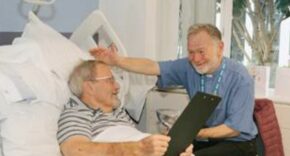
A world-first randomised controlled trial (RCT) of toddler screen time published today, shows that removing screen time in the hour before bed improves the quality of toddler sleep.
It is widely recognised that poor sleep in early childhood is linked to negative outcomes such as health problems, developmental difficulties, and behavioural issues. The Bedtime Boost study, funded by the Nuffield Foundation, is the first RCT supporting paediatric guidance to limit toddler screen time before bed.
Researchers from University of the Arts London (UAL), Birkbeck, Queen Mary University of London, University of Bath, and King’s College London, recruited families with 16- to 30-month-old toddlers from across London.
One hundred and five families who already used screens with their child before bed were randomly allocated to the intervention group or one of two control groups. In the intervention group, parents were asked to remove all screen time in the hour before bed and use a Bedtime Box containing non-screen-based activities instead (e.g. calming play, reading or puzzles) over a 7-week period. Families in two control conditions were either told to continue with their typical bedtime routine or asked to do similar activities from the Bedtime Box. Both control groups were not told anything about screen time. Toddler sleep in all groups was recorded before and after the intervention period using a wearable motion tracker.
Parents in the intervention group were able to successfully remove toddlers’ screen time before bed, and toddlers’ sleep quality improved, with more efficient nighttime sleep and fewer night awakenings.
Study lead Professor Tim Smith, UAL Creative Computing Institute, says “Previous correlational studies have shown that the more screen time toddlers have, the worse they sleep. But it was not possible to know if the screen use was causing sleep problems or vice versa. The Bedtime Boost study provides the first preliminary evidence that removing toddler screen use before bed may lead to better sleep. Further work is required to replicate these effects in a larger number of families.”
The intervention was co-created with families and early-years experts, including representatives from the Early Years Alliance, National Childbirth Trust, The Sleep Charity, and children’s centre staff, to ensure the intervention was as inclusive as possible.
Professor Rachael Bedford, Head of the Queen Mary Child Development Lab and co-lead on the project says: “We worked closely with parents and early years practitioners to ensure the Bedtime Boost intervention was low-cost and easy to implement. Results suggest the trial was highly feasible for parents, with all of the intervention families completing the trial. However, further work is needed to understand how the varied ways in which families use screen media may influence these effects.”
The paper is published open-access in JAMA Pediatrics and available here.











